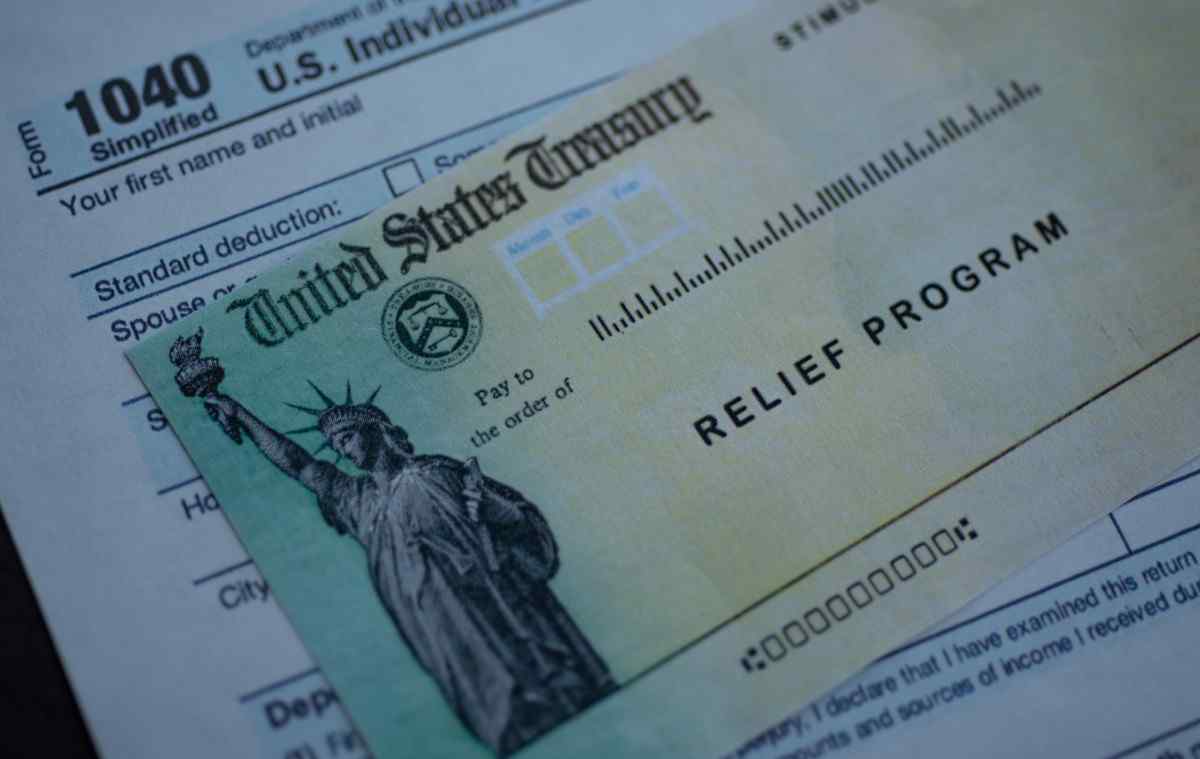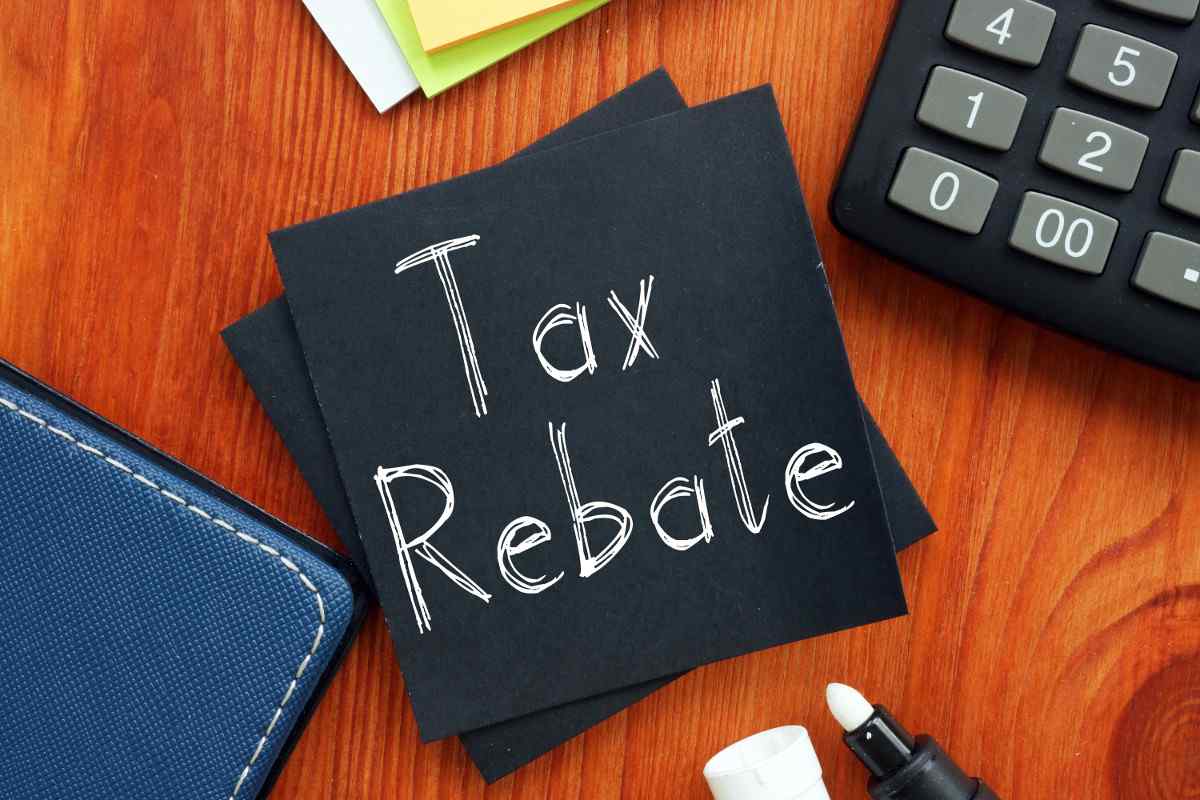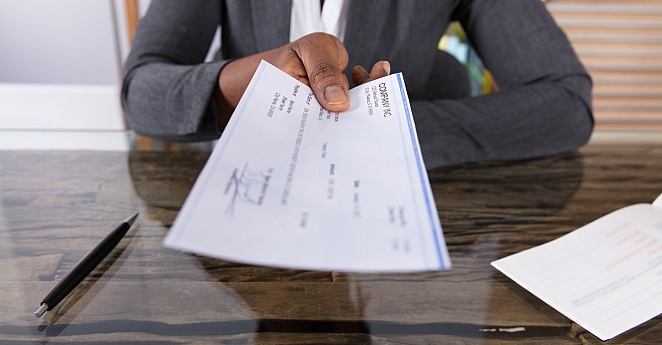How to Receive Your 2020 Stimulus Check in 2021
Last April, the IRS issued what would be the first of two waves of stimulus checks with the hopes of providing relief to sudden unemployment or financial instability due to COVID-19’s early effects. Although nearly 88% of Americans — about 291 million people — qualified for a stimulus check, nearly 12 million people reported not receiving one. Banks, too, asserted that there were missing payments.
The amount an individual or couple was eligible to receive in the first round of stimulus checks depended on income and whether they met the income threshold. Single adults who made under $75,000 and filed their 2019 tax return as an independent were eligible to receive the full amount of $1,200. Couples with an annual income below $150,000 were eligible for a $2,400 check. Each dependent on their tax return qualified them for an additional $500. The maximum income to qualify for a stimulus check was $99,000 for individuals and $198,000 for couples.
A second round of COVID-19 relief checks was issued starting December 30, 2020, with stricter eligibility requirements. This time, the maximum amount individuals and families could receive was halved. With talk of a third stimulus check on the way, Americans hope that they’ll continue to receive funding to cover their varying state of financial crisis.
At this point, if you haven’t received a stimulus payment, don’t expect it’ll show up in your mailbox. If you didn’t receive the first two checks but were eligible to, it’s not too late to catch up. Here’s how to claim the money you are entitled to under the first two stimulus relief bills.
What to Do if You Didn’t Get a Stimulus Check

As of January 29, 2021, the IRS has issued all Economic Impact Payments. If you did not receive a payment, you will not be able to receive it as a direct deposit or paper check from this point forward. However, If you didn’t get a stimulus check during the first or second round (or both), don’t despair; you may still be able to receive money.
The IRS is providing a stimulus recovery option for those who missed a stimulus payment. This will appear as a rebate on your taxes. To receive the rebate, you must file a 2020 tax return, even if you don’t usually file. This information is reported on your 1040 tax form, which is your Individual Income Tax Return. The IRS will include the Recovery Rebate Credit Worksheet to aid you in this process. Additionally, there are many calculators available online to help you determine what you’re owed.
Starting February 12, you’ll be able to file the 1040 form electronically through the IRS’s website. You have several options when deciding how to file your taxes, listed below.
IRS Free File or Fillable Forms
One option is to use IRS Free File, which is available to those whose adjusted gross income is less than $72,000. You should only consider fillable forms if you’re comfortable filing your own taxes.
Free Tax Return Preparation

There are several programs that can assist you in filing your taxes, such as IRS Volunteer Income Tax Assistance (VITA) and Tax Counseling for the Elder (TCE). Both of these services are free and are reliable options for those who qualify.
Generally, you will qualify for VITA services if you need assistance in filing your taxes and you:
- Make $57,000 or less
- Have a disability
- Have limited English-speaking abilities
To learn more about VITA and TCE, visit the IRS’s website.
Commercial Tax Filing Software
You can use a commercial tax filing software to prep, file, and pay your taxes. An authorized commercial tax software will submit your information directly to the IRS. One advantage of using e-filing is that the IRS will be able to directly contact you if there are mistakes to correct.
Who’s Eligible for a Tax Rebate Credit?

There are several reasons why your stimulus payment may have been delayed or missed altogether. Stimulus payments were initially calculated based on tax returns filed for the 2019 fiscal year. If you did not file a return, you may not have received a stimulus payment. For this reason, many low-income individuals who do not usually need to file taxes may not have received a payment, despite being eligible for one. Luckily, President Biden is taking measures to ensure that low-income individuals will receive the money they may have missed out on in the first two waves of economic impact payments.
Other reasons your stimulus payment may have been delayed are:
- You opened a new bank account
- The IRS hasn’t processed your 2019 tax return
- You used Jackson Hewitt, TurboTax, or H&R Block to file your 2019 tax return
- You recently moved
Even if you did receive the Economic Impact Payments you qualified for, there are several scenarios in which you may be eligible to receive more money as a tax rebate. Most of these involve major life events that may have happened either after you filed your 2019 taxes or during 2020.
You may qualify for more stimulus payments than you initially received if you:
- Got married in 2020
- Acquired a new dependent
- Receive social security or veteran benefits
- Experienced the loss of your spouse
- Were claimed as a dependent on someone’s 2019 return but not on their 2020 return
Example Tax Rebate Qualification Scenarios
To further explain this, let's look at a few scenarios when one might qualify for a stimulus tax rebate.
Let’s say you were married in 2020, and that prior to your marriage, you reported an income of $76,000 on your 2019 taxes. Your now-spouse makes $50,000. You both plan to file your 2020 income taxes jointly. This means that your combined income is $126,000. Let’s assume that you were eligible for a stimulus payment in 2020. Given this, you would have received less than the full amount of $1,200 in the first stimulus payment because you exceeded the threshold of $75,000. However, now that you are married and your joint income is less than $150,000, you and your spouse would be eligible to receive the full $2,400 granted to couples under the $150,000 limit.
Let’s look at another example. Say you gave birth to a child in June of 2020. You wouldn’t have been able to claim the child as a dependent on your 2019 tax return, however, you still could have desperately used the stimulus money to support your new family member. In this scenario, you might be able to claim that money on the Recovery Rebate Credit section of the 1040 form.
What Steps to Take Next
If you suspect you are owed money from missed stimulus payments, make sure you report this on your 2020 tax return. As mentioned above, the IRS has several guides on their website to aid you in this process. If you’re still unsure how to file this form or are overwhelmed at the thought of filing your own taxes, you should consider using paid tax filing services or enlisting the help of an accountant. What’s most important is that you get your tax return information in on time to reduce the chances of further delayed or missed stimulus payments.





